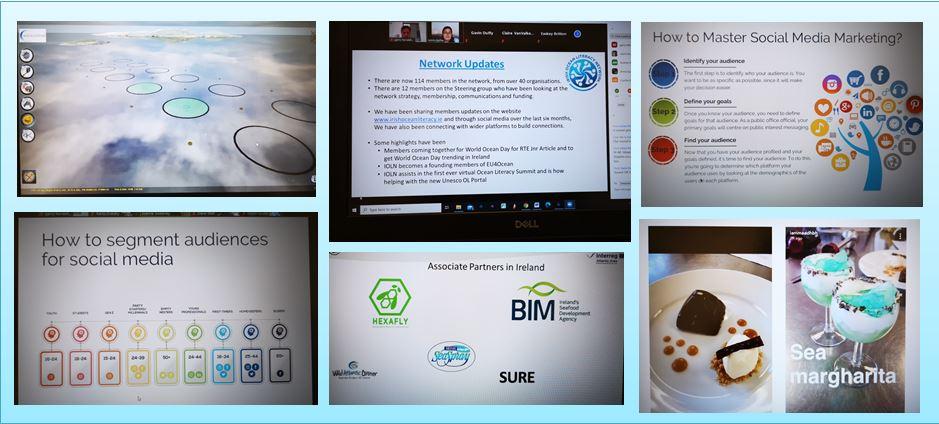- common fisheries policy | sustainable fisheries | fisheries policy
- Thursday 6 June 2013, 12:30 - 14:00 (CEST)
Practical information
- When
- Thursday 6 June 2013, 12:30 - 14:00 (CEST)
- Languages
- English
Description
Lunchtime Conference DG-MARE
Reue Joseph II, 99, Brussels
Sustainable shellfish, climate change and food safety

Climate change and other anthropogenic impacts upon coastal environments pose a significant threat to shellfisheries, sustainable economic development, food security and public health. The SUSFISH project, supported by Territorial Cooperation Ireland Wales, investigated the impacts of climate change on shellfish sustainability. Utilising a multidisciplinary approach we demonstrated the impacts of climate change on the Irish Sea by modelling larval dispersal, assessing disease and undertaking bio-economic modelling.
Economically important bivalves such as mussels, although affected by climate change, could represent a sustainable food of the future. Results indicate that climate change can alter ocean currents, influencing the transport and distribution of shellfish larvae and disease. Increases in temperature and acidification are projected to impart low-level impacts on shellfish..
However, the epidemiology of their diseases and other human-pathogenic microbes that associate with shellfish is currently not known and could potentially impact the economic potential of the Irish Sea and beyond.
Food safety represents a significant challenge for researchers, policy makers and stakeholders and requires regional and global cooperation. Specifically, we have been investigating the bacterial (E. coli/coliforms) and viral (Norovirus) load within shellfish and their surrounding environment, demonstrating that distribution and persistence of Norovirus varies in relation to faecal indicator bacteria. These data have significant implications for the grading of shellfish water quality, the potential regulation of the amount of Norovirus in shellfish and human health.
We will discuss our research programme and current industrial and academic collaborations to address food safety, sustainable shellfish and climate change. Potential mitigation strategies such as co-location with offshore windfarms will be discussed. Key current and future knowledge gaps will be highlighted which include viral behaviour, species specificity, depuration and management strategies; it is critical that they are addressed to ensure sustainable economic and environmental development of shellfish production in marine and coastal areas across Europe.
